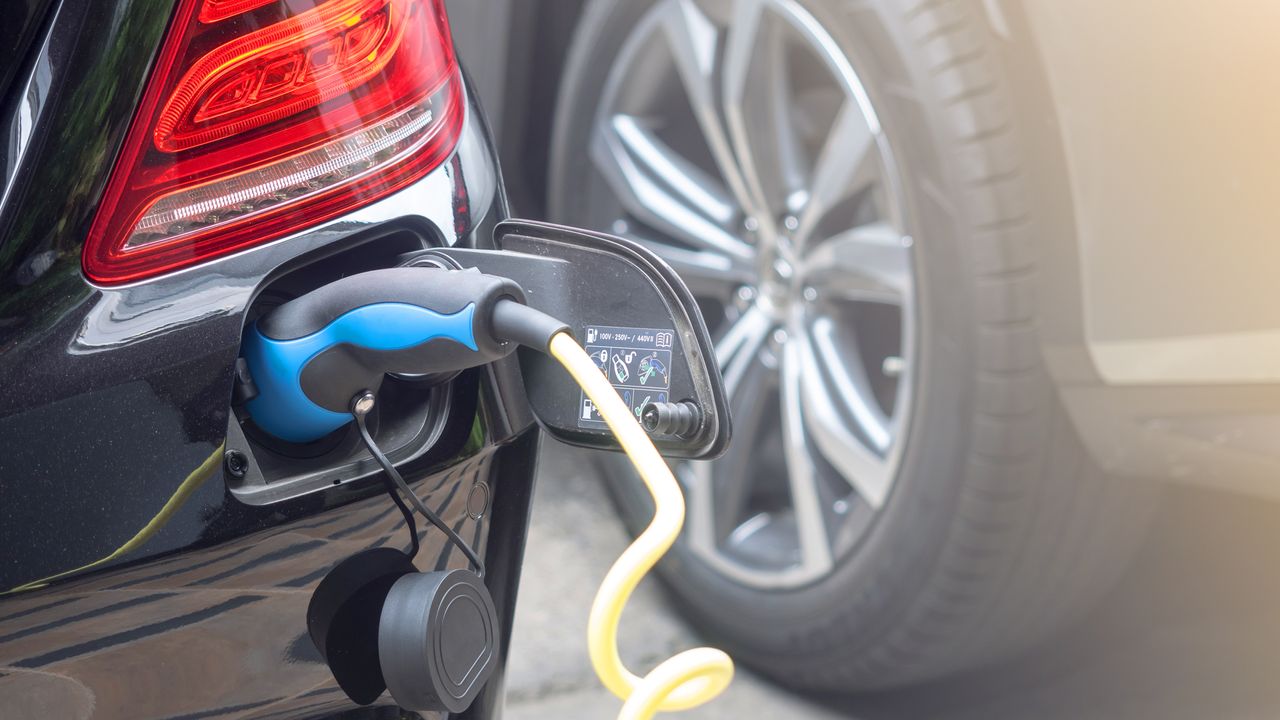Electric Cars in the Commercial and Fleet Sector: Overcoming Fleet Electrification Challenges
The commercial and fleet sector is rapidly adopting electric vehicles (EVs) as a way to reduce emissions, lower operating costs, and meet sustainability goals. However, fleet electrification presents unique challenges that must be addressed to ensure a successful transition to electric vehicles. In this blog post, we will explore the challenges of fleet electrification and the solutions available to overcome them.
Commercial Electric Vehicles: The Future of Fleet Transportation
Commercial electric vehicles (EVs) are becoming increasingly popular in the fleet sector. These vehicles are designed to meet the needs of businesses, such as delivery companies, taxi services, and public transportation providers. Commercial EVs are available in a range of sizes and configurations, from small vans to large buses.
One of the main benefits of commercial EVs is their lower operating costs. EVs have lower maintenance costs than traditional vehicles, as they have fewer moving parts and require less frequent oil changes. Additionally, EVs have lower fuel costs, as electricity is cheaper than gasoline or diesel.
However, fleet electrification presents unique challenges that must be addressed to ensure a successful transition to electric vehicles. Let’s explore some of these challenges and the solutions available to overcome them.
Fleet Electrification Challenges: Overcoming Range Anxiety
One of the main challenges of fleet electrification is range anxiety. Range anxiety is the fear of running out of battery power before reaching the destination. This is a significant concern for fleet operators, as they need to ensure that their vehicles can complete their routes without interruption.
To overcome range anxiety, fleet operators can invest in EVs with longer ranges or install charging infrastructure along their routes. Additionally, fleet operators can use telematics to monitor the battery levels of their vehicles and plan routes accordingly.
Fleet Electrification Challenges: Addressing Charging Infrastructure
Another challenge of fleet electrification is the availability of charging infrastructure. Unlike gasoline stations, charging stations are not yet widely available. This can be a problem for fleet operators, as they need to ensure that their vehicles can be charged quickly and efficiently.
To address this challenge, fleet operators can invest in their own charging infrastructure or partner with charging network providers. Additionally, fleet operators can use smart charging technology to optimize their charging schedules and reduce their electricity costs.
EV Leasing for Fleets: A Solution for Fleet Electrification
One solution to the challenges of fleet electrification is EV leasing for fleets. EV leasing allows fleet operators to access the latest EV technology without the upfront costs of purchasing vehicles. Additionally, EV leasing provides fleet operators with flexibility, as they can easily upgrade their vehicles as technology advances.
EV leasing for fleets also provides fleet operators with access to maintenance and support services. This can be especially beneficial for fleets that are transitioning to electric vehicles, as they may not have the expertise or resources to maintain and repair their vehicles.
Conclusion
Electric cars in the commercial and fleet sector are becoming increasingly popular as a way to reduce emissions, lower operating costs, and meet sustainability goals. However, fleet electrification presents unique challenges that must be addressed to ensure a successful transition to electric vehicles.
To overcome these challenges, fleet operators can invest in EVs with longer ranges, install charging infrastructure, use telematics to monitor battery levels, and partner with charging network providers. Additionally, EV leasing for fleets provides a solution that allows fleet operators to access the latest EV technology without the upfront costs of purchasing vehicles.
By addressing these challenges, the commercial and fleet sector can continue to adopt electric vehicles and lead the way towards a more sustainable future.
